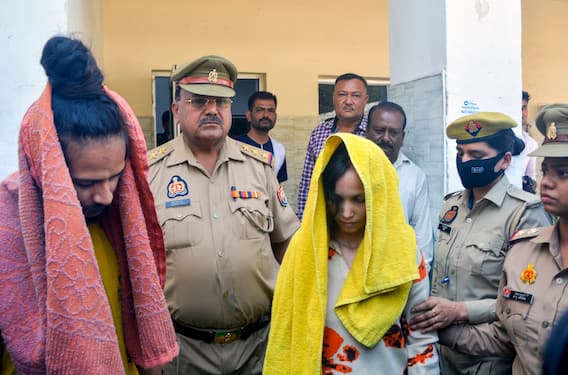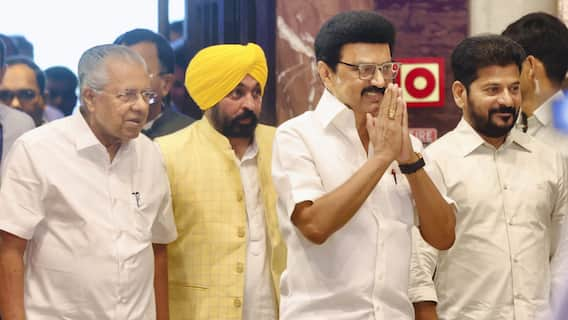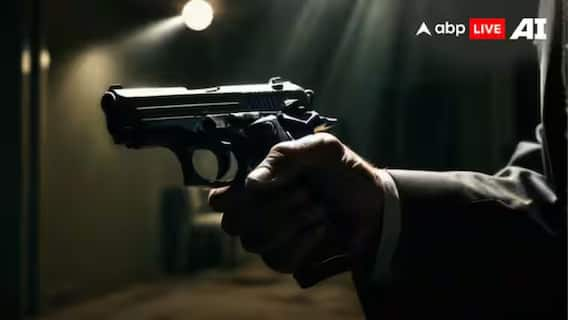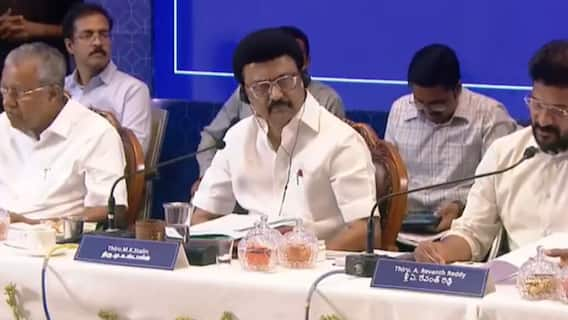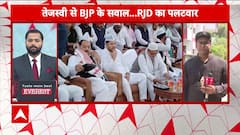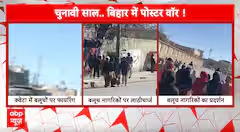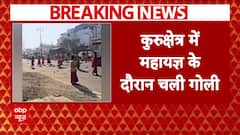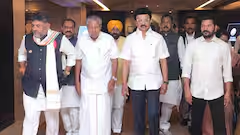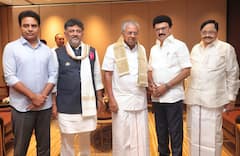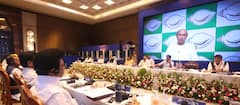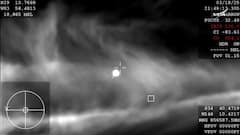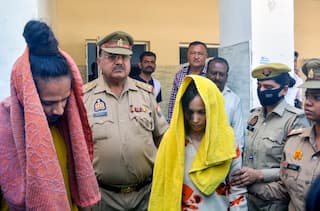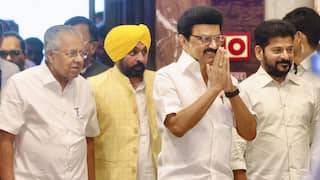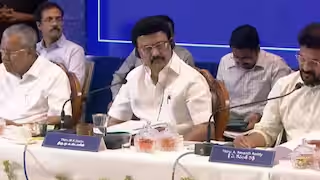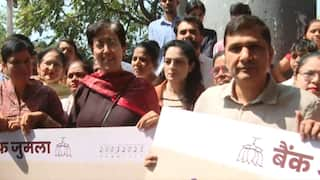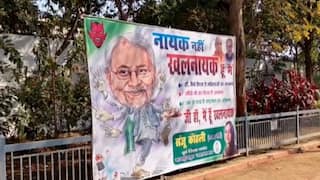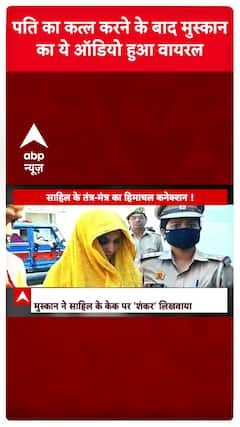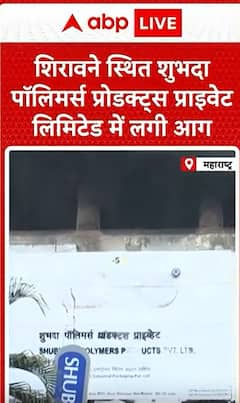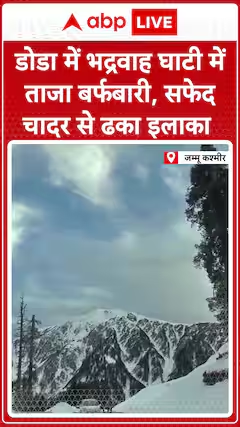Checks & Balances | Prisoners Of War: 'Missing In Action' Indian Soldiers: What Went Wrong, What Needs To Be Done — Governance Now
CHECKS AND BALANCES: Fifty years after the Bangladesh liberation war, Pakistan remains in denial mode about the fate of Indian Prisoners of War

The 1971 war between India and Pakistan lasted for 13 days. India flagged victory and the eastern part of Pakistan was separated from it, becoming Bangladesh. In that war, 93,000 soldiers of Pakistan surrendered. Eight months after the war ended, on August 2, 1972, the two countries signed the Shimla Agreement under which India agreed to release all the 93,000 Pakistani prisoners of war (POW) but till date 54 defence personnel of India remain untraced. Gradually they were declared 'Missing in Action' (Missing) or 'Killed in Action' (Dead). It is believed that these soldiers are still alive and imprisoned in different jails in Pakistan. Of these 54 missing, 30 are army personnel and 24 are air force personnel. These soldiers were arrested while fighting on the Western Front.
Enough has been spoken about the controversial issue of missing soldiers of India. Pakistan has always been in denial mode. Kith and kin of the missing fighters still remain hopeful. Daughters, wives, and children, of the 'missing 54' too have fought a long battle collecting and claiming that they are alive and have been noticed in different jails of Pakistan. Now the question is: Where did we go wrong? Even after five decades, why can’t we bring them home?
The latest edition of ‘Checks and Balances’, an online discussion with experts on governance challenges hosted by Sweta Ranjan, raises some questions about the neglect and apathy toward 'Missing in Action' soldiers.
* Did the missing people really die during the war?
* Does India have evidence to prove that they were made prisoners of war?
* Did they choose to be kept under indefinite detention in Pakistan who’d use them for future bargaining?
* Were they brutally tortured in Pakistan violating the Geneva Convention?
* Did handing them back to India seemed like an embarrassment to Pakistan?
* Has the Indian government forgotten the soldiers?
* Why no mechanism has been established at the national and international level to protect the rights of prisoners of war?
These and other questions have been raised in this discussion.
India continued to believe that Pakistan had kept them imprisoned in their jails. Although Pakistan continues to refute these claims, the family members of the soldiers have presented such evidence many times, which has come to the fore that the soldiers are alive.
Chander Suta Dogra, author of 'Missing in Action: The Prisoners Who Never Came Back' (2019), reasons, “The primary question which I encountered was why nothing is being done for the prisoners. In the parliament, in 1979, the first list came out which had 40 names on it. By 1983, more names were added which came to be 54. One of the major reasons which came out was we were bound by the Simla Agreement (2 July 1972) which said that all our disputes have to be resolved with Pakistan bilaterally, without any interference from the third party. This prevented India from going to the United Nations or to the International Court of Justice or may use any third party as a mediator in between to get this issue resolved. India was always fearful that if we took this issue to the international forums then Pakistan would do something similar with Kashmir. This is documented. There are affidavits from the Ministry of External Affairs produced before the court which say this.”
Col Narindra Nath Bhatia (Retd), who has extensively been involved in the welfare of war widows, human rights and peace initiatives especially in getting the Indian POWs held in Pakistan since the 1971 war, says there are many names missing from the POW list. He says, “I challenge the figure 54. Where is Sepahi Dharampal? A POW is a POW, whether it is 71 war or 65 war.”
He adds, “The biggest mistake was we released 93,000 POWs of Pakistan captured in Bangladesh. At that time Indira Gandhi should have forced Mr Bhutto to agree upon certain requirements of ours.”
Col Ravi Rajan (Retd) stresses, “At that time the focus of the government was the need of resolving Bangladesh issue first than sorting out issues of prisoners.” He adds that the POW issue took a backseat as then PM Indira Gandhi’s paramount concern at that moment of time was to get Bangladeshi leader Sheikh Mujibur Rahman back to his country alive.
Chander Suta Dogra notes, “It is right that the focus of the government did shift but here we have to realise that the war happened to fulfil a political goal. The 1971 war was fought to liberate Bangladesh. It would have been catastrophic if after the war Bangladesh did not become an independent nation and did not take its rightful place as a sovereign nation on the world map. That was the primary priority before Indira Gandhi."
She adds, “The issue has lingered on for many years. In 1980 a few attempts were made to liberate them but things could not work. Negotiations failed as Pakistan wanted three prisoners in exchange for one. We should have done something concrete as our trained pilots are caught there. What the families of the soldiers require is that there should be a closure.”
Col Rajan feels that the repatriation of Indian soldiers would have caused embarrassment to Pakistan. He says, “If the Pakistani army did not follow the guidelines of Geneva Conventions then there are reasons to be ashamed of what they have done. The prisoners are invariably mistreated, ill-treated, abused and tortured. There are possibilities of all the negatives that can happen between two humans. No one is proud of it.”
Col Bhatia says, “The families should be informed if the prisoners are dead or alive. If they are dead, give us their ashes after doing the DNA test. But Pakistan never agrees. If they give us the ashes, the families could be put to the rest.”
DISCLAIMER: "This is a sponsored feature and provided by Governance Now."
Trending News
Top Headlines








